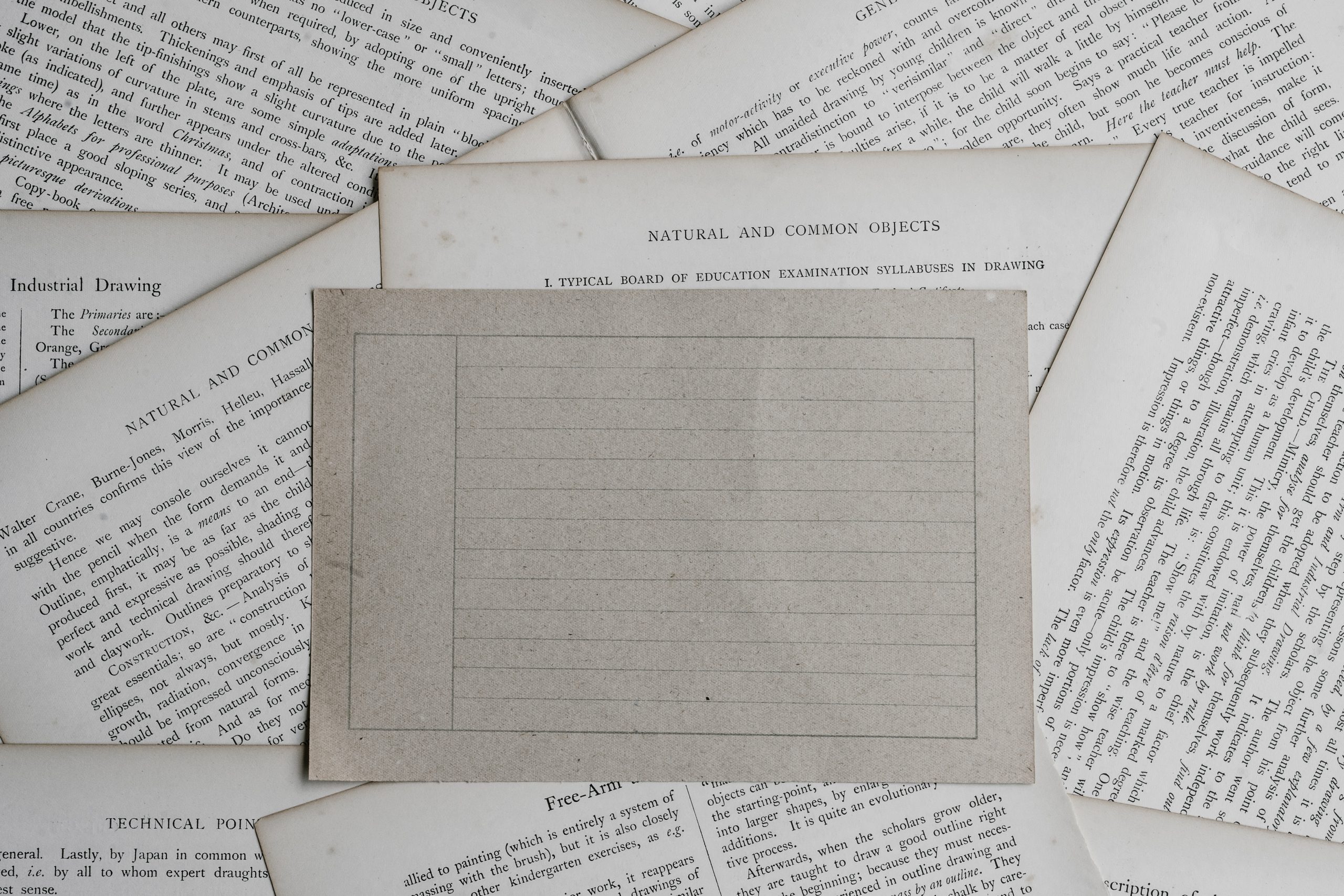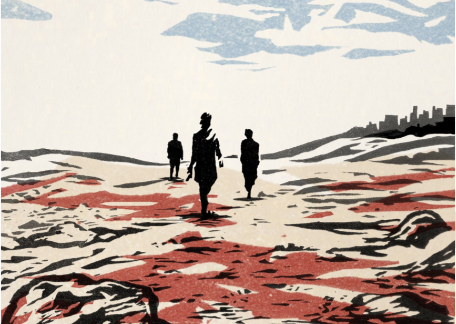essays
A Canine Cure for Lonlieness
"Love (or Live Cargo)," an essay by Nancy Jooyoun Kim

A Canine Cure for Lonlieness
After graduate school, I decided to get a dog. It was entirely selfish, maybe the most selfish thing I had done in my life. Underpaid and uninsured, I had a lifestyle unfit for taking care of anyone (including myself), and a carpet covered with small, secretly malign objects — hairpins, vitamin bottles, Christmas socks with holes in them — that could end up in a dog’s stomach.
What would I do if the dog needed to see the doctor? What if, like my mother, I’d yell at the dog every time it got sick because I couldn’t afford to take it to the hospital? What if I’d yell not out of hatred, but because life had disappointed me…again?
I wouldn’t be yelling at the dog. I would be yelling at life.
What if he wanted to go to college?
Despite these worries, I kept up the dream. Why? I had always wanted what I considered to be the crème de la crème of household pets. I grew up in a working-class family; we were never able to afford one. So I convinced myself now that I was done with school forever, that this was my time.
Quite frankly, dogs are more alive than most people I know.
I had just moved into a house that I rented in Wallingford — a sleepy, liberal, family-oriented neighborhood of Seattle. I imagined it to be, in some ways, my dream house, my quiet writing abode, and I began searching on the internet through digital catalogs of beady, canine eyes.
One summer afternoon, I went to Cost Plus World Market to look for housewares, affordable “ethnic stuff” for my place.
In the salt and pepper shaker aisle, a stringy-haired woman with a paisley bandeau tied around her blonde head carried a canvas bag with a dog poking out of it. Black wavy hair, dropped-down ears, a perfectly-matte nose but wet nostrils, and eyes so full, so full of sadness or hope or something. I couldn’t help but fall.
I asked the woman, “What kind of dog is that?”
She looked up from a cylinder of tea that she had been contemplating in her shopping basket. “A Havanese.”
“I’ve never heard of that dog. Where did you get him?”
“From this breeder in Texas. I can give you their website. You can give them a call.”
It seemed ludicrous to get a dog off a website from a breeder in Texas. How would I manage to obtain this dog? Would it ever lose its Southern twang? What if, due to all our rain and cloud, it got S.A.D.?
I proceeded to research the breed on the internet. I found out that the dog was small, non-shedding, had minimal exercise requirements, was suitable for apartment living, and had the charm and personalidad of a clown.
I then contacted the breeder with questions like, “How much?” “When?” “Now?” “Send me pictures!”
The breeder crammed my inbox with photos of pristine Havanese and Havanese mix puppies and then I saw her: Polly.
The One!
Polly was a Havanese/Maltese mix, mostly-black but tan around the mouth and on the paws and eyebrows. Every photograph of her (the breeder provided multiple angles and various living scenarios — “Polly on top of a living room table!” “Polly on the couch, mouth agape, tail-wagging.” “Polly!”) evoked an undeniable joy and revelry in life.
The pooch was cute.
She had the sparkle in her eyes and the exuberance in her open maw. She was to die for.
At that time, I had two jobs — one as the editor of a literary journal, the other as a receiver for a local bookstore. I spent evenings reading and eating microwave dinners. Three days a week, I stuck price tags on books.
My back hurt. My nostrils were always filled with cardboard dust. Breaking boxes of books all day. Stacking books all day. Putting little stickers on the backs of them and then filing them away for someone else who could afford to read them.
I had been living the dream, supposedly. The writer’s dream of poverty and toil and unfinished stories. The dream. And, yet, I would come home and do nothing but fantasize about the puppy, Polly.
Some people look to God or volunteer work for salvation, from themselves, from their worries or dreams.
Other people buy things on the internet.
After a series of awkward financial transactions and conversations via email, the date was arranged for Polly, two months old, my Polly, to land in my life as LIVE CARGO on a plane from San Antonio to SeaTac.
In preparation for her arrival, I bought a six-foot leash, a heart-shaped nametag, and a fleece-lined bed that matched my sheets — khaki and brown.
I informed friends and family of the decision to expand my current domestic partnership of one. It became all that I talked about…no more dead-end writing, no more dead-end job, no more dead ends, period.
I showed my friends pictures of the sparkling eyes, the wagging tail. Everyone approved; everyone applauded. “Good for you,” they said. “How exciting!”
But one week prior to Polly’s arrival, I got a phone call from the breeder.
She said that Polly had been acting strangely. Polly refused to eat.
The breeder said that she could not send Polly on a plane in that condition. She would watch Polly and take her to the vet. We’d have to wait until Polly’s condition stabilized, until she ate properly, pooped properly, did the “usual dog-thing” properly, before the breeder could send her on the treacherous journey across so-and-so states.
Of course, I was heartbroken, but, convinced of my undying love, I agreed to all of the breeder’s terms. I thanked the breeder for keeping me updated, for taking care of my Polly, for whom I had already paid through an electronic transfer from bank to bank.
But the day Polly had been scheduled to arrive at SeaTac, the day I was to pick her up from the airport, liberate her from the plastic crate, clasp a nametag around her neck, squeak toys and drive her home in a car filled with “soothing music,” Polly died.
The breeder’s husband, an Englishman who lived in Texas, called to inform me. Polly had died of puppy leukemia.
In his British accent, he stated she had “terrible diarrhea” and a “beautiful soul.” He cried on the telephone.
I hung up. I stared at the ceiling and wailed.
When I opened my medicine cabinet, I saw the dog toothpaste standing beside my own. The dog toothpaste had the image of an open-mouthed Collie on it.
Grief became paranoia and rage. I demanded from the breeder another dog. They emailed me photographs of different puppies, as if I was embarking on some deadly, puppy hostage exchange program.
One of the puppies—in a clear attempt to appease me, the grief-stricken buyer—had been named “Polly2.” Even the breeder conceded that none would have the courage and the tenacity of the original “Polly,” an “old soul,” but all of the puppies were nonetheless beautiful and deserving of a good home.
After two weeks, I found him.
I did not feel that ripe blush of love and panic when I first saw his picture. Rather, he just looked perfectly wise and content.
His name was Imus — a Havanese mix, mostly white with black rings around his eyes, black ears and a large black spot on his back.
His left eye was lazy and he was a little bow-legged.
When I first picked him up from the airport, I played him Ella Fitzgerald in the car, like it was Starbucks. I had read on the internet that the dog would need soothing music when meeting its new owner for the first time. Nonetheless, he whimpered behind the bars of his carrier for the entire ride.
When I got him inside of my house, I opened the crate and he sprang out like a wild animal. He ran to me, wanted to crawl over me, my shoulders, my head, like a raccoon. Then he ran to a corner of the living room, keeping his eyes on me, curtsied, and peed on my landlord’s carpet.
“No!”
I quickly grabbed him and took him outside to the backyard and stood there with him for thirty minutes, waiting for him to pee again, but he didn’t. I took him inside and he peed in the same corner. And I cleaned and cleaned and cleaned.
That night, I read Puppies for Dummies cover to cover in bed as the dog, in his own bed on the floor, spent the whole time crying, trying to reach me.








